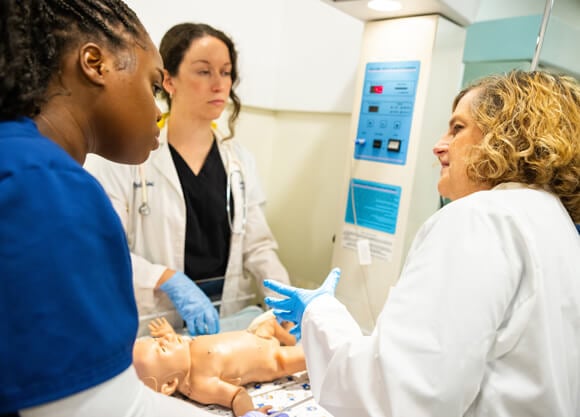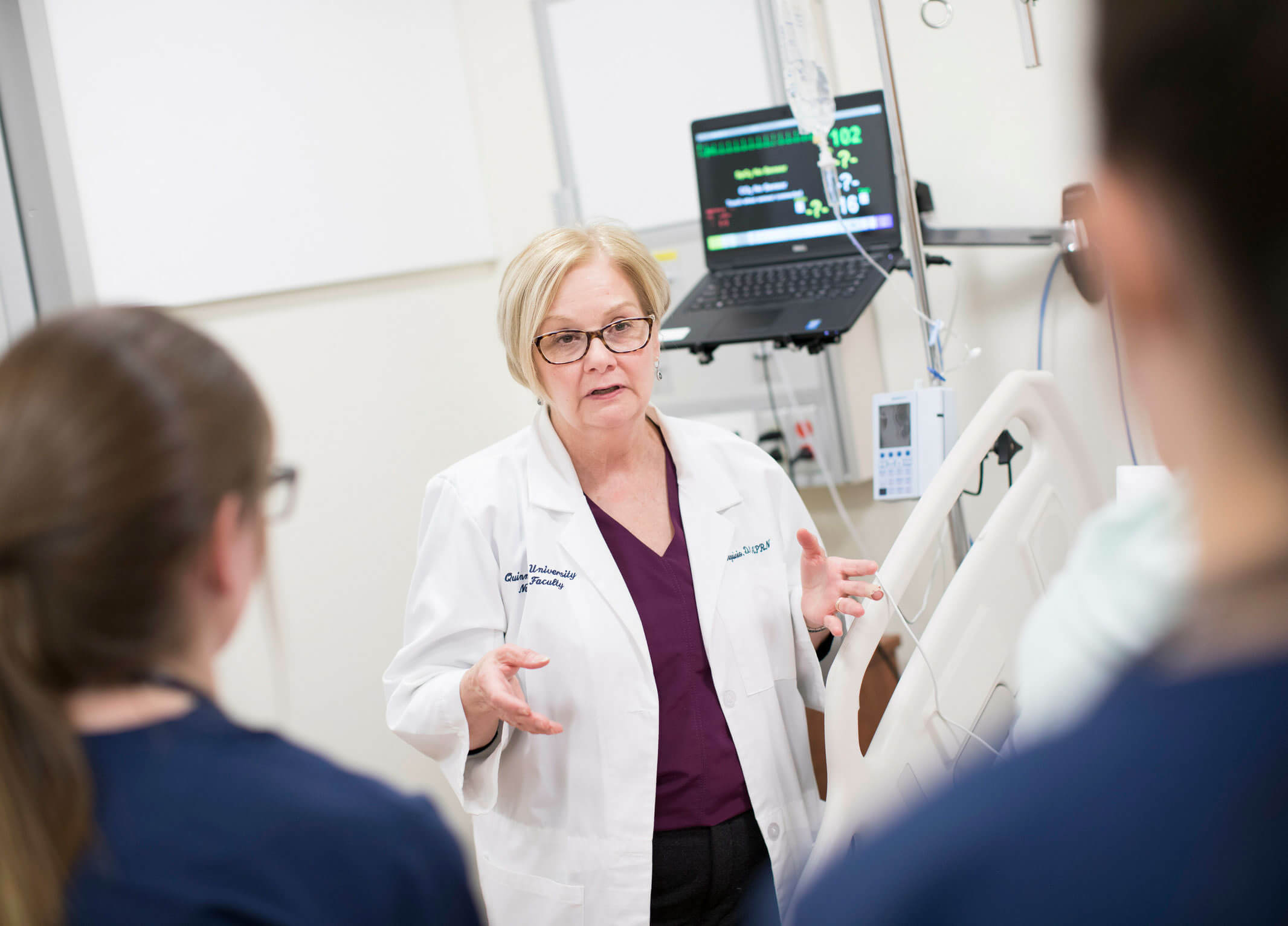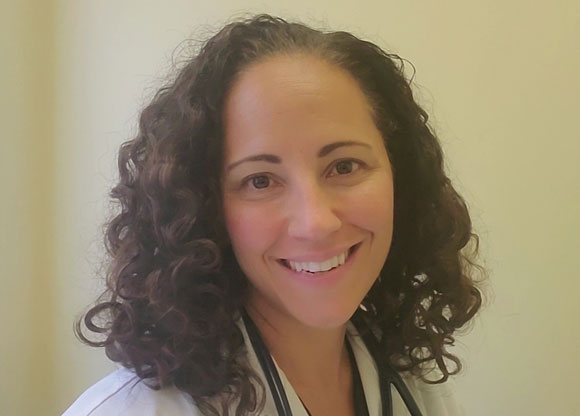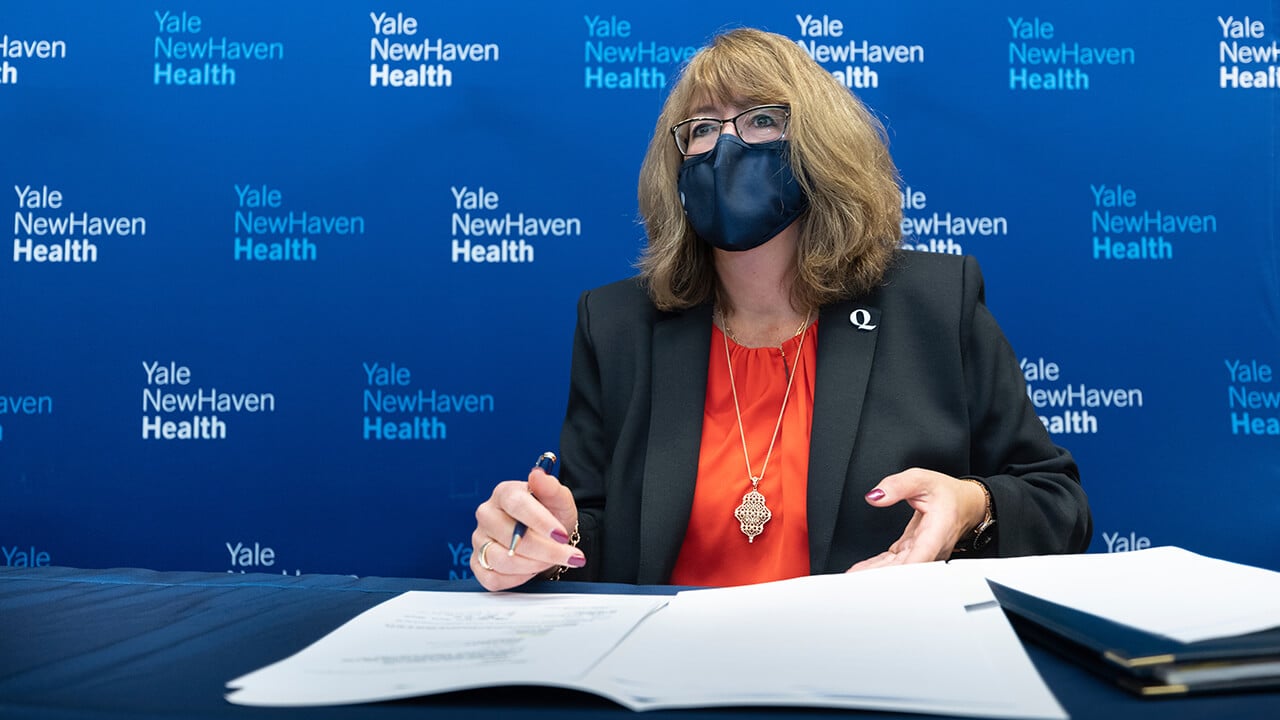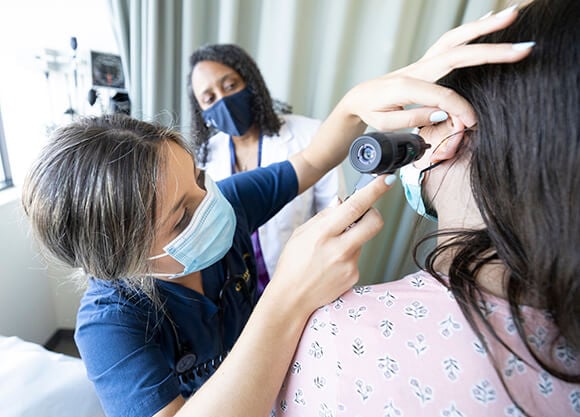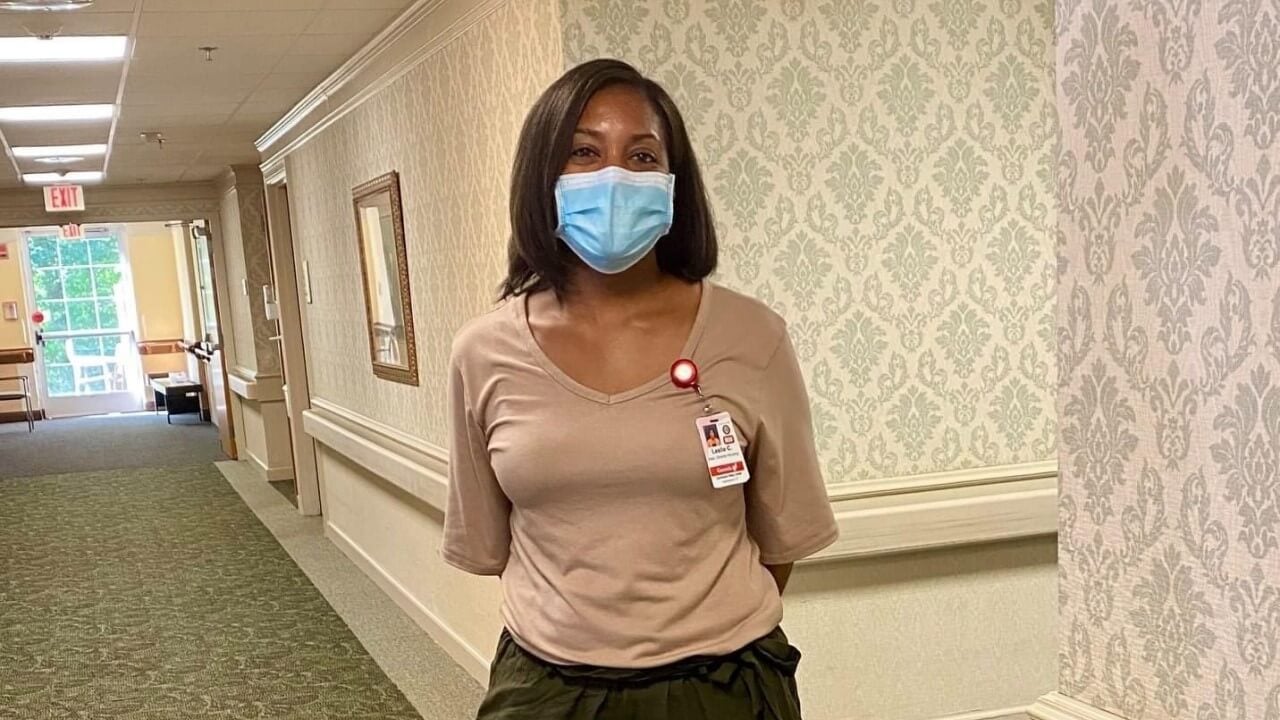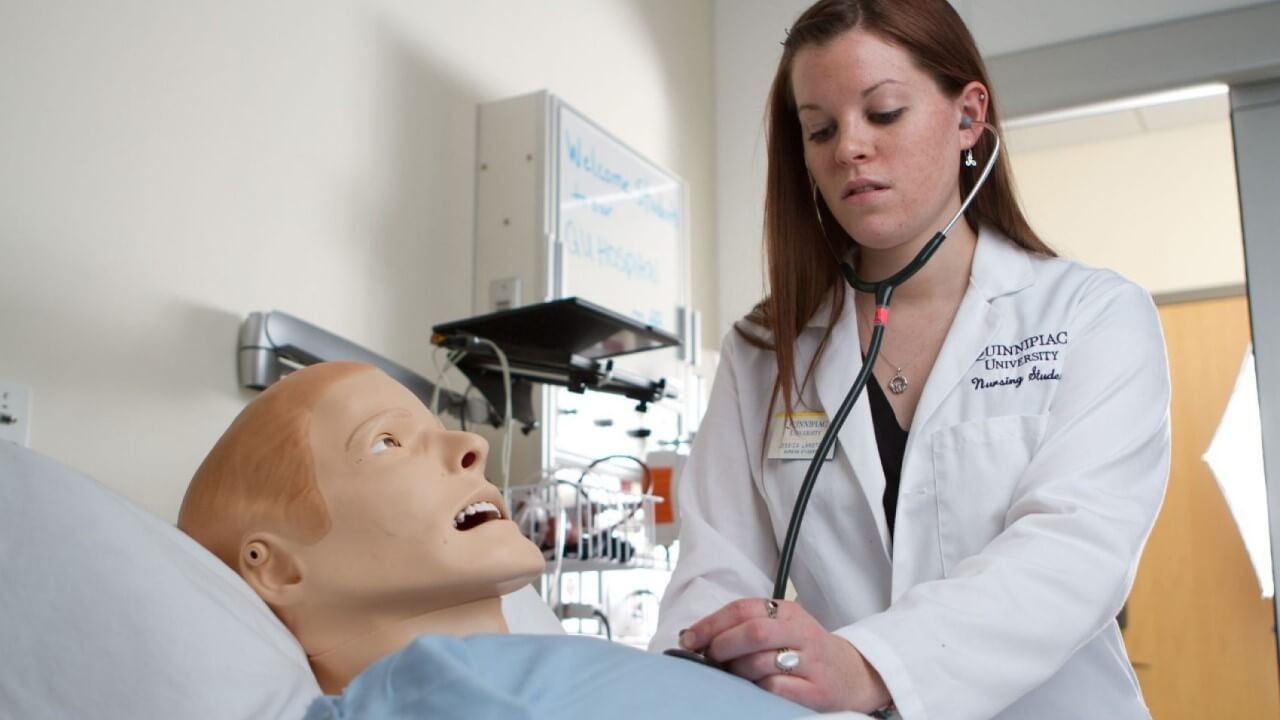Knowledge for Nursing Practice: Integration, translation, and application of established and evolving disciplinary nursing knowledge and ways of knowing, as well as knowledge from other disciplines, including a foundation in liberal arts and natural and social sciences. This distinguishes the practice of professional nursing and forms the basis for clinical judgment and innovation in nursing practice.
Person-Centered Care: Person-centered care focuses on the individual within multiple complicated contexts, including family and/or important others. Person-centered care is holistic, individualized, just, respectful, compassionate, coordinated, evidence-based and developmentally appropriate. Person-centered care builds on a scientific body of knowledge that guides nursing practice regardless of specialty or functional area.
Population Health: Population health spans the healthcare delivery continuum from public health prevention to disease management of populations and describes collaborative activities with both traditional and non-traditional partnerships from affected communities, public health, industry, academia, health care, local government entities and others for the improvement of equitable population health outcomes.
Scholarship for Nursing Discipline: The generation, synthesis, translation, application and dissemination of nursing knowledge to improve health and transform health care.
Quality and Safety: Employment of established and emerging principles of safety and improvement science. Quality and safety, as core values of nursing practice, enhance quality and minimize risk of harm to patients and providers through both system effectiveness and individual performance.
Interprofessional Partnerships: Intentional collaboration across professions and with care team members, patients, families, communities and other stakeholders to optimize care, enhance the healthcare experience, and strengthen outcomes.
Systems-Based Practice: Responding to and leading within complex systems of health care. Nurses effectively and proactively coordinate resources to provide safe, quality, equitable care to diverse populations.
Informatics & Healthcare Technologies: Information and communication technologies and informatics processes are used to provide care, gather data, form information to drive decision making and support professionals as they expand knowledge and wisdom for practice. Informatics processes and technologies are used to manage and improve the delivery of safe, high-quality and efficient healthcare services in accordance with best practice and professional and regulatory standards.
Professionalism: Formation and cultivation of a sustainable professional nursing identity, accountability, perspective, collaborative disposition and comportment that reflects nursing’s characteristics and values.
Personal, Professional & Leadership Development: Participation in activities and self-reflection foster personal health, resilience, and well-being, lifelong learning and support the acquisition of nursing expertise and assertion of leadership.

